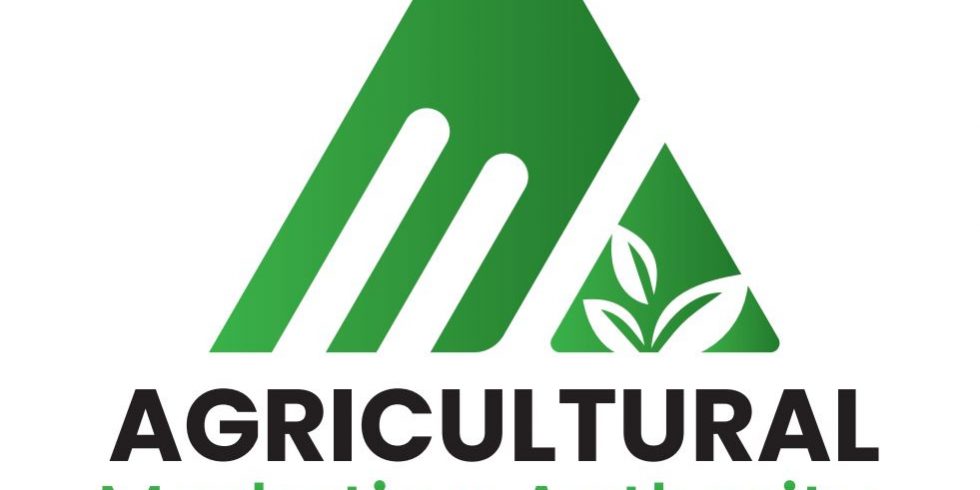
By Cliff Chiduku
In 2021, the government launched the Presidential Rural Development Programme.
The programme is part of the Government’s Rural Development 8.0 initiative whose other components include the Pfumvudza/Intwasa, Presidential Cotton Input Scheme, Presidential Goat Scheme, Presidential Fisheries Scheme, Presidential Tick Grease Scheme, Presidential Poultry Scheme, Presidential Borehole Drilling Scheme, Vision 2030 Accelerator Model among others.
The logic behind the multi-faceted programme, as enunciated by President Emmerson Mnangagwa is that Zimbabwe must emerge as a prosperous, empowered and diversified upper middle-income society by 2030. It is agriculture that should be at the front seat of this vision because 70% of Zimbabwe’s population lives in rural areas and relies on the sector.
The programme also includes the rehabilitation of irrigation schemes and setting up of village business units (VBU), school business units, and youth business units. This initiative looks at water as a right and an economic enabler in the wake of changing rainfall pattens.
The target is to establish a VBU in each of the 35 000 villages across the country that will be able to generate income in addition to food and nutrition security. About 9 600 schools will also benefit from the programme. The model prescribes that each unit should have a solar-powered irrigation system for horticulture production and fishponds for a fisheries project.
An integrated approach to the Rural Development Programme was adopted by the Ministry of Lands, Agriculture, Fisheries, Water and Rural Development where agencies under its jurisdiction play specific roles contributing to the establishment and management of the village business units. AFC Bank will provide financing, Zinwa provides water infrastructure and Arda manages the units. The Agricultural Marketing Authority (AMA) assists with identification of markets which also informs the crops which the VBUs can viably produce.
The programme is targeting rural areas, which have been lagging behind in terms of development precisely under the leaving no one, no place, no village and no household thrust.
Smallholder farmers play a crucial role in global food supply chains, particularly in developing countries. These farmers, often operating in impoverished areas, are crucial for rural economies and food security.
However, many smallholder farmers face challenges due to inadequate market linkages. The lack of access to markets hinders their profitability and growth potential. They often rely on mass markets such as Mbare Musika, Sakubva, Jahunda, among others. They remain vulnerable to middlemen who rip them of their produce.
Improving market linkages is essential for supporting smallholder farmers, enhancing investment opportunities, promoting sustainable farming practices, and reducing post-harvest losses.
As a contribution to the Rural Development Programme, AMA has established effective connections between smallholders and markets. Now farmers in VBUs are now benefitting from increased productivity, better prices for their produce, and improved livelihoods.
The Zunde VBU in Mt Darwin is testimony to the positive interventions by AMA as it is now supplying Choppies Supermarket, Pachedu and Chaminuka Training Centre. The recently launched Makumimavi Primary School business unit has already signed an off-taker agreement with Spar in Chivhu where the former will supply the latter with 1 500 cabbages per week. Picasso Fruit and Vegetable Wholesalers has also agreed to buy all produce produced at Nhakiwa Youth Business Unit in Uzumba. Murambinda B School business unit will offload its produce to several boarding schools in Buhera district.
As of 30 May 2024, the cumulative sales have topped US$34 633.75 at the 102 VBUs set up across the country. Most VBUs are involved in horticulture, producing cabbages, onions, carrots, tomatoes, among others.
The VBUs rely on such market linkages to expand their reach beyond the local markets and are expected to transition from subsistence to commercial farming.
Access to such markets provide VBUs with opportunities to grow, diversify incomes, and eradicate poverty within its members.
Eneresi Moyo of Zunde VBU said she and many other members are realising the fruit of joining the business unit.
“I can now send my two daughters to school with proceeds from our business,” she said, adding that the VBU has transformed their livelihoods in so many ways.
Enhanced co-ordination between farmers and retailers through market linkages enables better market information flow, leading to improved supply-demand dynamics and quality standards. By reducing intermediary costs and enhancing efficiency in marketing systems, VBUs can increase their competitiveness and sustainability.
Additionally, market linkages help in reducing post-harvest losses by connecting farmers to reliable markets where they can sell their produce at fair prices. Overall, robust market linkages contribute to sustainable agricultural growth, food security, poverty alleviation, and economic development in Zimbabwe.
In conclusion, market linkages play a vital role in the development of rural communities by empowering farmers with access to essential resources, markets, and information necessary for their economic advancement. With such life-transforming programmes, Zimbabwe is poised to achieve food and nutrition security as espoused in National Development Strategy 1.
Word from the market is a column produced by the Agricultural Marketing Authority (AMA) to promote market-driven production. Feedback cchiduku@ama.co.zw or WhatsApp/Call +263781706212.




